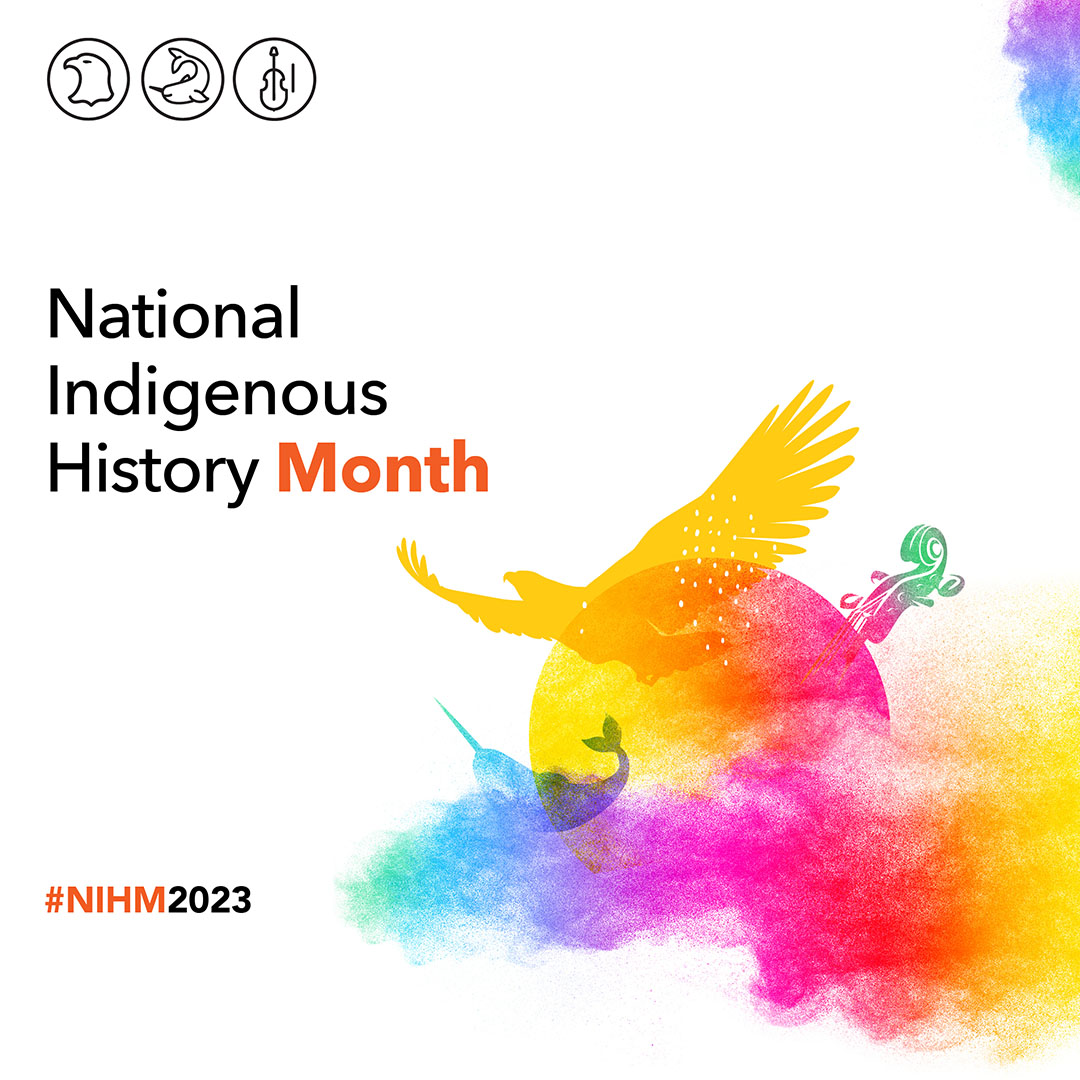
National Indigenous History Month
June 7 - July 6

June is National Indigenous History Month in Canada, a time to recognize the rich history, heritage, resilience, and diversity of First Nations, Inuit, and Métis. At the Mental Health Commission of Canada, we also see this day as an important reminder of our organizational commitment to reconciliation and cultural humility.
Since the release of the Truth and Reconciliation Commission’s 94 Calls to Action in 2015, we have been actively educating our staff about the legacy of residential schools, the repercussions of intergenerational trauma, and the strength and resiliency of Indigenous communities.
We encourage all people in Canada to reflect on their personal journey of reconciliation, and to celebrate the outstanding achievements of these diverse peoples. To learn more and to get involved, Crown-Indigenous Relations and Northern Affairs Canada has more information.
The Head Office of the Mental Health Commission of Canada is located on the unceded, traditional Territory of the Algonquin Anishinaabe Nation, in what is now called Ottawa, Ontario. We acknowledge that for thousands of years, the Algonquin People protected these lands, the Ottawa River Watershed, and its tributaries. As a national organization, we also acknowledge that we work on the traditional lands of many different nations. Today, a path to truth and reconciliation begins with recognizing both the stewardship and the sacrifices of the original peoples. We are committed to recognizing the errors of the past, acknowledging the challenges of the present, and contributing to a new and equitable relationship with the First Peoples.
Join the conversation #NIHM2023.